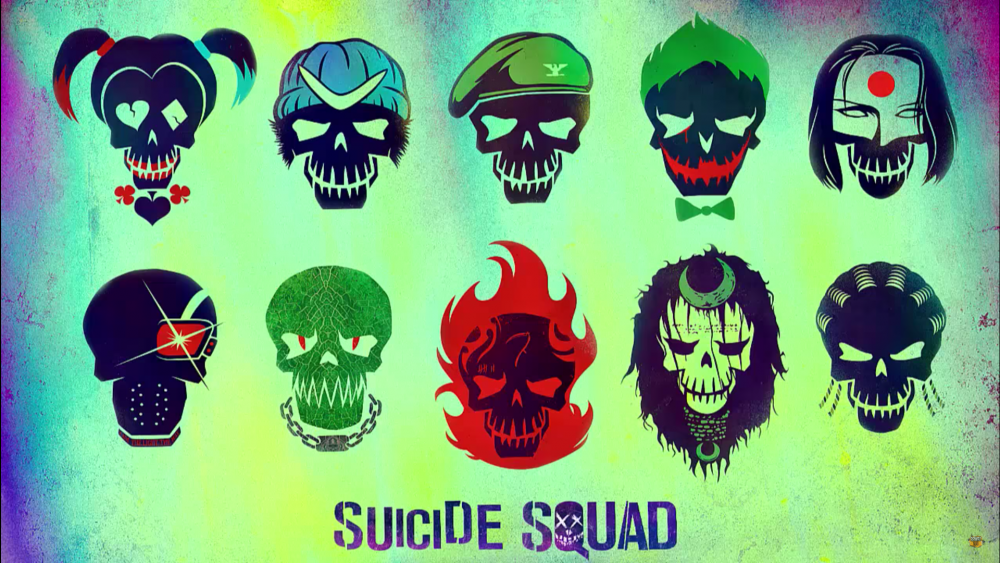The reviews are in: Suicide Squad is bad. Not that this is news exactly. Despite bringing in more than $133 million during its opening weekend, the Warner Bros. hopeful has generated nothing but negative reviews, disappointed fans and an abundance of unhealthy fascinations with the Joker and Harley Quinn’s relationship. With so much adversity surrounding the film, many may be tempted to write it off all together as another futile attempt by DC Comics at producing a decent superhero movie (looking at you here, Batman vs. Superman). And as tempting as it is, the result in doing so would unfortunately write off an aspect of the movie that’s not all that bad — namely, the soundtrack.
Suicide Squad: The Album reached its second week at the top of Billboard 200, and for good reason. The album covers a variety of genres, with songs ranging from Creedence Clearwater Revival’s “Fortunate Son” to Eminem’s 2002 hit, “Without Me.” It also features tracks specifically written for the movie, such as Skrillex and Rick Ross’ “Purple Lamborghini,” named after the vehicle that the Joker sports in Gotham, as well as the Twenty One Pilots instant hit, “Heathens.”
While the music styles vary between each song, the album does a great job of capturing the gritty, comically serious aura that surrounds Suicide Squad. The album feels like a step into an alternate reality where everyone is a complete badass, and their only goal is to show you how badass they are. With that comes a certain level of discomfort, which surprisingly doesn’t detract from the experience, but enhances the clear vibe that both the album and the movie were going for. What makes the album so great is that it forces you to feel uncomfortable, and in turn opens up a whole slew of emotions not usually captured by popular soundtracks.
The success of Suicide Squad: The Album also serves as a prime example as to why soundtracks are separate from their respective movies, and should be judged as such. Opposing arguments claim that because the same company often produces corresponding soundtracks and movies, it would be reasonable to think that if the movie bombed, the soundtrack would as well. If that were the case though, this whole article would be absolutely irrelevant.
Picture the feeling you get when, after countless hours of searching the internet and local radio stations, you finish an absolutely bombin’ playlist — the kind of playlist that makes all your fears and anxieties suddenly vanish. The kind of playlist that you know you will consume day in and day out, and yet never get tired of. It’s the background music in your life, and it’s awesome. That’s what a soundtrack is. To dismiss a soundtrack just because its movie failed would be like dismissing a playlist because its creator’s life sucks. You just don’t do it. Film and music are two different artistic mediums. They may be linked together in theme or tone, but the time and effort put into each should be significant enough to deter people from lumping them together and calling it a day. Not only did someone sit down and spend countless hours sifting through the internet and radio stations for the perfect set of tunes, they needed to understand both the accompanying movie in astronomical depth and identify with the audience they were marketing toward. Otherwise, the soundtrack would falter along with its movie.
Luckily for Suicide Squad fans, the time was definitely put in. The movie may not be the best thing on earth, but that doesn’t mean the soundtrack isn’t.



